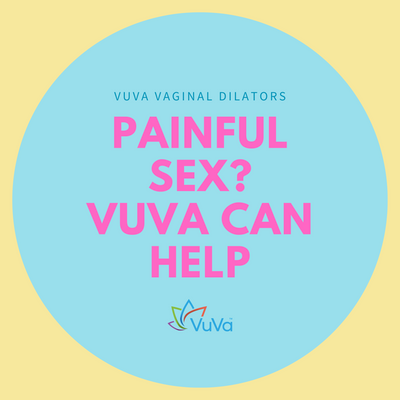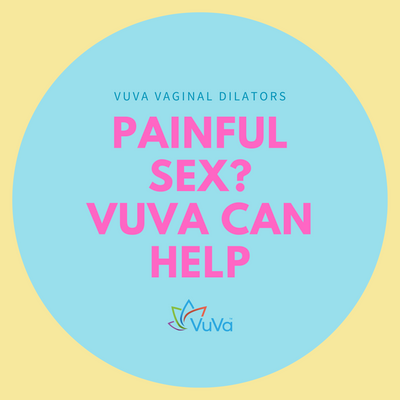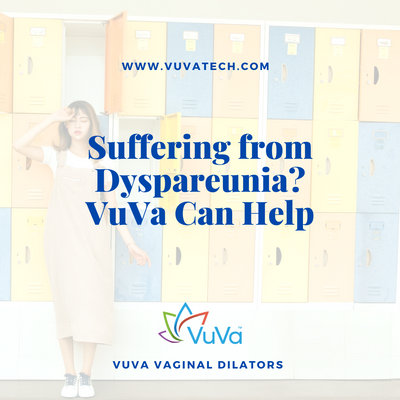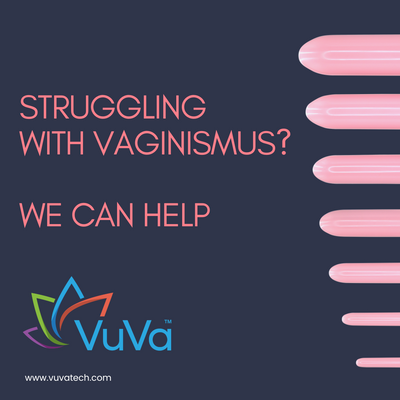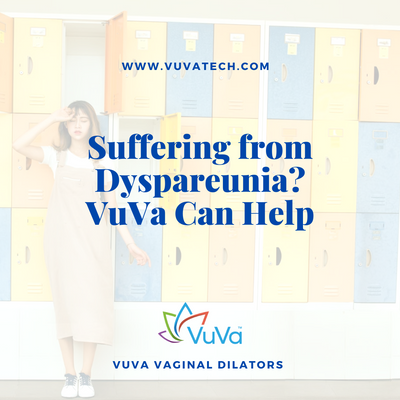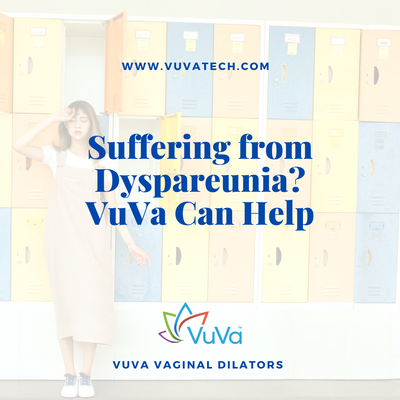
| Caroline Knight
Can Food Allergies Cause Vulvodynia?
The saying “you are what you eat” is famous across the world for good reason. That’s because to some extent, it’s usually true! A lot of the health problems we face today are either caused by food, or lack thereof – in particular correct nutrition – and even when illnesses are caused by something else (e.g. environmental toxicity or genetics), food and food allergies can sometimes exacerbate symptoms. Conversely, food can be used as medicine, if you know what you are doing. Since we’re on the topic of vulvodynia, has it ever occurred to you to ask whether food allergies cause vulvodynia?
It’s a pertinent question to ask, especially if your goal is to reduce or eliminate your vulvodynia symptoms altogether. In this article we will take a look at the kind of foods that can make vulvodynia worse, and what can be introduced to aid in symptom management or reduction.
Can food allergies cause vulvodynia?
In a recent article we discussed whether vulvodynia is a chronic illness. It certainly results in chronic pain in many women, so it makes sense to consider the ways in which you may eliminate this pain. Let’s start by looking at the fact that chronic pain is often the result of the body’s failure to process foods we have consumed. Such foods can create and fuel systemic inflammation, and vulvodynia may also respond to food and food allergies.
Vulvodynia symptoms affect between 4 and 16% of women, according to the statistics available, and some studies have demonstrated that there is a correlation to their diets. For example, a case study was done on a 28-year-old female athlete who had vulvodynia and IBS (irritable bowel syndrome).
For seven months she saw a pelvic floor physical therapist for her vulvodynia, but her symptoms were simultaneously addressed with a vegetarian elimination diet. After only two weeks of elimination of certain foods, it became clear that vulvodynia flare-ups were reducing. When specific foods were reintroduced every two weeks, symptoms returned and it was determined that soy, goat dairy, and gluten were responsible for vulvodynia flare-ups. Once these were re-eliminated, after 6 months she was symptom free – from both conditions!
Which food allergies cause vulvodynia?
It is now clear that there are specific foods that may cause vulvodynia to worsen or flare up. These include (but may not be limited to) the following food products:
- Meat
- Dairy products (including goat dairy)
- Soy products (especially non-fermented/GMO)
- Gluten
- Grains
- Corn
- Sugar and artificial sweeteners
- Anything containing (or encouraging proliferation of) yeast
- Foods high in oxalates (nuts, nut butters, especially almonds and peanuts), and vegetables like beets, beet greens, rhubarb and spinach.
It should be noted that most of these foods (excluding oxalates) can be inflammatory and may cause symptoms of inflammation in anyone, but if you have vulvodynia, you may be susceptible to exacerbated vulvodynia pain symptoms. You may wish to reference this study on oxalates, which concluded exactly that.
There are no specific dietary recommendations for vulvodynia sufferers, since all women have varying constitutions, diets and lifestyles. Some women may be more sensitive to chemicals and certain foods types than others, but one common link is candidiasis, a yeast overgrowth in the body that results in thrush (vaginal yeast infection).
Some women who often get yeast infections have been shown to be more prone to vulvodynia. If you have vulvodynia flare-ups, it may be worth consulting a nutritionist with experience in this area.
Which foods and supplements can prevent vulvodynia?
Aside from eliminating the above food products that cause vulvodynia symptoms, you may find some benefit in supplementing with the following:
- Magnesium
- Vitamin D3
- Probiotics
- Vitamin B12
- Omega-3
During the study on the aforementioned athlete, she experienced relief when these supplements were introduced. As always, research suppliers and reviews before purchasing, as not all supplements are created equal. If in doubt, consult a qualified naturopath or nutritionist.
As we have said in several of our articles on this condition, treating vulvodynia is often a trial and error approach, but with determination and discipline, you are likely to find the right combination of solutions for you… but now that you know the answer to the question, Can food allergies can cause vulvodynia?, hopefully that’s one more piece of the puzzled solved!
Other VuVa Helpful Links:
7 Reasons for a Tight Vagina and How to Loosen
How to Relax Vaginal Muscles, Vaginismus & Sex
Vaginal Stretching - Keeping in Shape with Dilators
Do Dilators Really Work? Yes, and They can Improve Your Sex Life!
Shop for VuVa Vaginal Dilators

